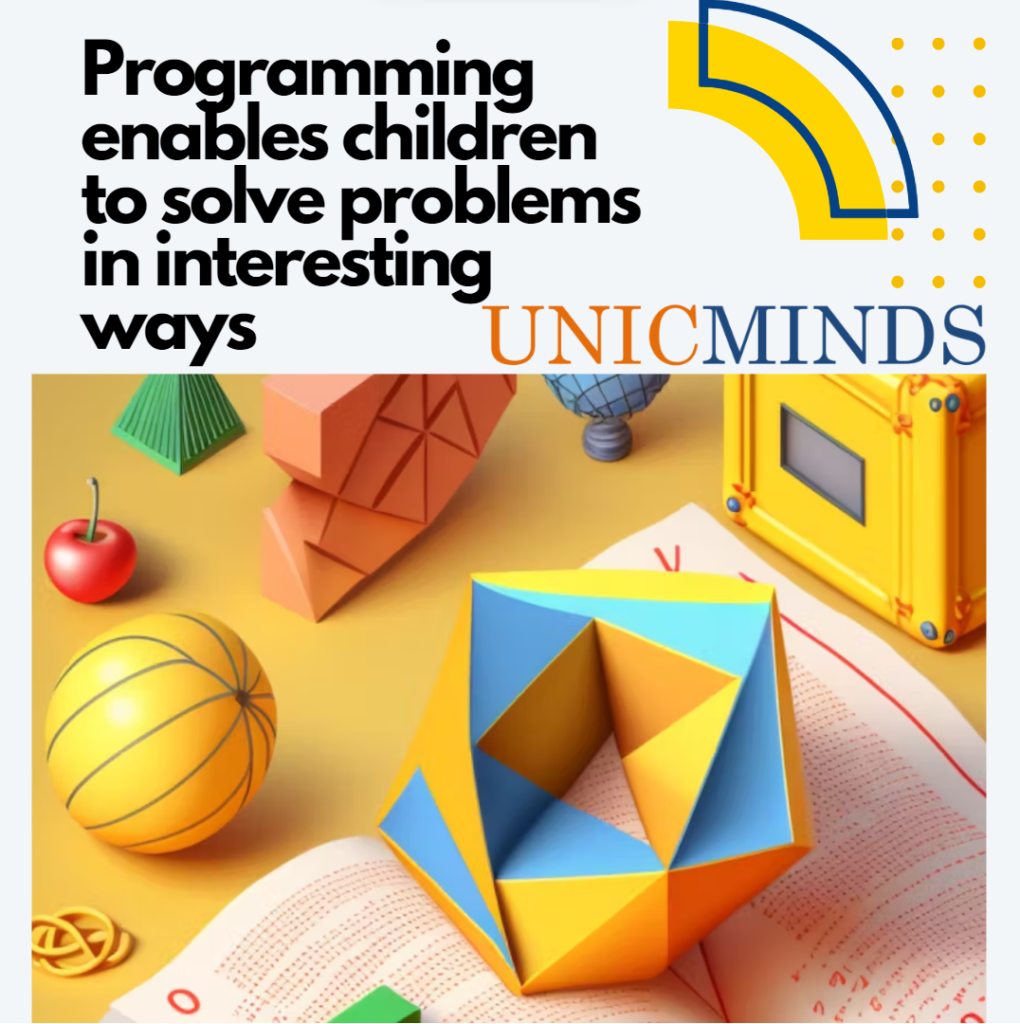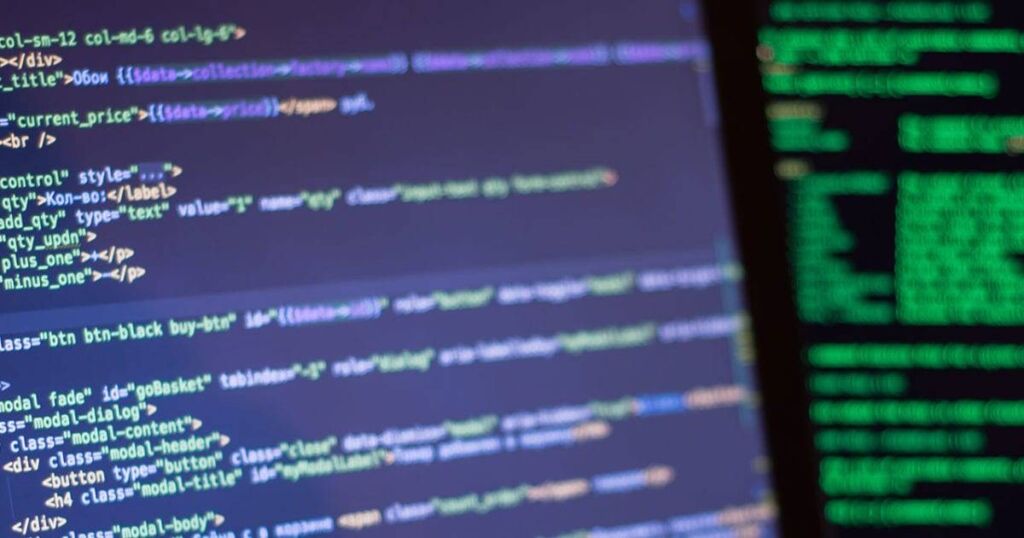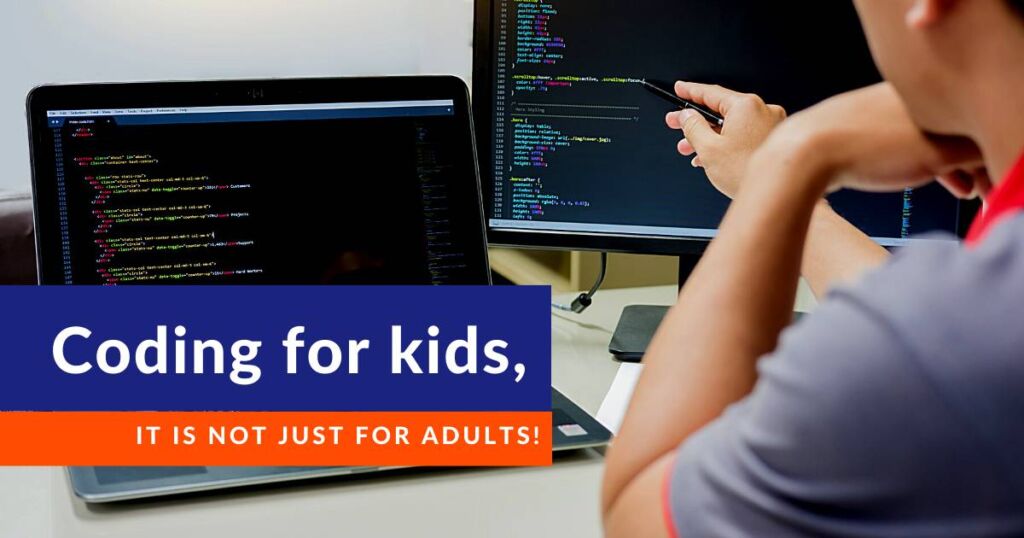Coding is not just for kids who are interested in technology and computer-science. By engaging in giving logical instructions to computers, kids are developing problem-solving skills and computational thinking. At UnicMinds, we provide children a great way to integrate subject learning along with coding. For example, children will write code to solve some math problems such as progressions, geometry, linear algebra and cell structure. This enables them to understand coding as a tool that can be used in the playground of computer-science to solve any problem from any subject. Coding can be applied to all subjects because it involves deconstructing problems into simpler sub-problems, sequential thinking, logical reasoning, and debugging the root-causes and solving problems.
Coding for tweens and students
Coding allows students to digest complicated concepts in an applicative and visual manner. For example, when children look at a matrix in theory, they may not understand and visualize the application of it. But, when they visualize it through code, they can truly understand how the mathematics of matrices is applied to solve key problems across subjects.
While learning coding they write programs and do projects around space physics, programming the components of a satellite, gravity simulator, build games that traverse various layers of atmosphere such as troposphere, stratosphere, ionosphere, etc. and work on certain games between small organisms such as ants where children design ant-hills and the various dynamics between ant groups. You get the point, while we say children are programming, essentially they do a lot of work of applying other subjects into the environments of the program, design, dynamics, and logic of the program. So, while they program they also learn about all these other aspects. Therefore, coding is a tool that is useful for all children irrespective of your future path. It is very similar to learning English nowadays.
Because coding requires a certain level of technical skill, you may be worried it’s not for you or shy away from applying computer science to your curriculum. We’re here to tell you anyone can learn to teach code quickly and easily!
Always start with the basics of whatever language you’re using or teaching. Here is the path we recommend, but depending on the students’ ages and experience levels, you may skip a step or move through the lesson plan quickly. This allows you to benefit from laying a solid foundation while having the flexibility to move on to editors at an appropriate level for your learners.
Block-based coding for Beginners
Block-based coding is a perfect tool to start with when learning how to teach kids coding. This is because it sets a foundational thought process of how computers work. Although there are many ways to learn and teach coding, we recommend starting with Scratch and moving on to something else.
Scratch is a free, open-source tool to teach block-based coding. Best of all, your class can learn how to make a game in two hours instead of spending two weeks just learning the language.
We love Scratch because not only is it something you can start in grade one or two, but when a student takes computer science in post-secondary, they often start learning with Scratch.
Another cool thing about Scratch is that you can create a free educator account, where instead of having your students create their individual logins, you set up their credentials. You can see all their projects, monitor them and leave notes. There’s a whole host of things you can do within the platform.
Note that some school boards may not allow you to use Scratch, so you can use CS First, a Google product created with Scratch (it’s essentially the same thing but without open access to view wider networks).
Game Dev, Website Dev, & App Dev
Students graduate from block-based coding to building basic games, websites, and apps using JavaScript, Minecraft, Unity, and advanced Scratch.
Python & Java for Kids
As far as text-based languages go, Python for kids is easy to learn and great for beginners. When switching to text-based coding, the biggest thing you’ll learn is that computers can’t make assumptions.
Java is another language that kids should learn. While they will initially find it difficult, students get used to the form and syntax of it and enjoy building all applications on it.
Arduino Programming for Kids
Sometimes children do get bored in always working in front of IDEs and text-based terminals writing code. So, they want a change. Arduino course is a fresh change for children that enables them to learn about current, charge, basics of PCB, hardware, transistors, chipsets, etc. and about parallel and serial communication and how we can build small hardware based applications.
3D Game Development
Children who are graduating from beginner to intermediate level of programming and who are interested more in developing games can really take advantage of this course. Children will learn to make 2D and 3D games in the gaming platform, Unity. In this gaming course, the child will learn all the coding fundamentals of the programming language C#. 2D and 3D game development concepts are used in C# language. They will start with simple games applying the simple concepts in C# and progress to complex multiplayer games.
Object Oriented Coding Concepts for Tweens
As kids spend time with the basic programming constructs, they become more ready for advanced object oriented programming concepts. We help children learn to build libraries, linking, loading, and help them understand the basics of OOPs such as encapsulation and inheritance like no other in the most applicable way that enables them to truly build packages and libraries and use the power of OOPs across platforms.
Basics of Computer Mathematics for Children
Mathematics forms the basis for reasoning about various problems in computing. The objective of this computer mathematics course is to help students gain a strong foundation in thinking mathematically for solving problems in computer-science.
Artificial Intelligence & Machine Learning
Machine learning & AI for kids in a simple way is about telling (or helping) computers how to learn to identify or predict something. This course covers the basics of pattern recognition, feature extraction, data analysis, prediction algorithms, and data analysis that enables children with the tools to enable recognition and prediction of machines.
Roblox Game Development Course for Kids
Roblox is a simultaneous platform for both playing and creating/developing/publishing games. By learning to code with Roblox, kids learn a lot of parallel programming and logical skills that are really crucial for their future. Kids will develop many different games such as infinite racers, fighting games, treasure hunt, adventure maps, and other games that involve computer knowledge such as rendering.
Computer Networks, Cryptography and Ethical Hacking
This course provides children with the basics of how computers are connected to each other and the various layers involved. Kids will work on simple mathematics around hashing, understand the significance of prime numbers in cryptography, work through their own public-key cryptography algorithms, and many more. Children will work with common commands such as ipconfig, nslookup, ping, and netstat.
Coding Olympiad Preparation
As students develop stronger basics of computer-science and apply those concepts using their coding skills across languages, they also want to test and improve their knowledge. This course is for students who already had basic exposure to coding and mathematics and who want to prepare for the IOI.
Students need varied knowledge of computer science
Students need different types of computer-science lessons and challenges involving programming those concepts. Learning coding and computer science enables non-STEM students to apply and integrate the conceptual learning in a more practical manner. Students need access to more flexible digital literacy learning experiences that meet their lifestyles, needs and aspirations.
By delivering applied guidance, UnicMinds is leading the way for students across the world to learn computer-science and coding with the best curriculum designed by Ivy league alumni.
Hope this is useful, thank you.
You may like to read: Why only one public class in Java source file, Coding a Rock, Paper, Scissors Game in Python, & Coding for Kids




